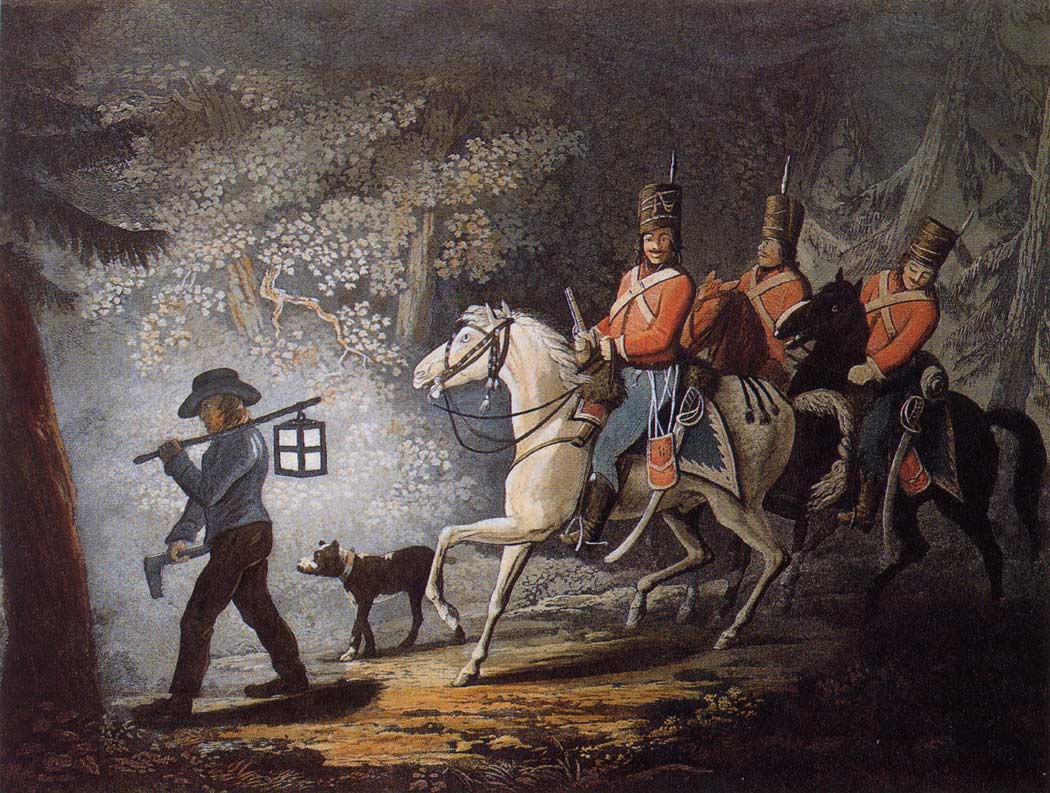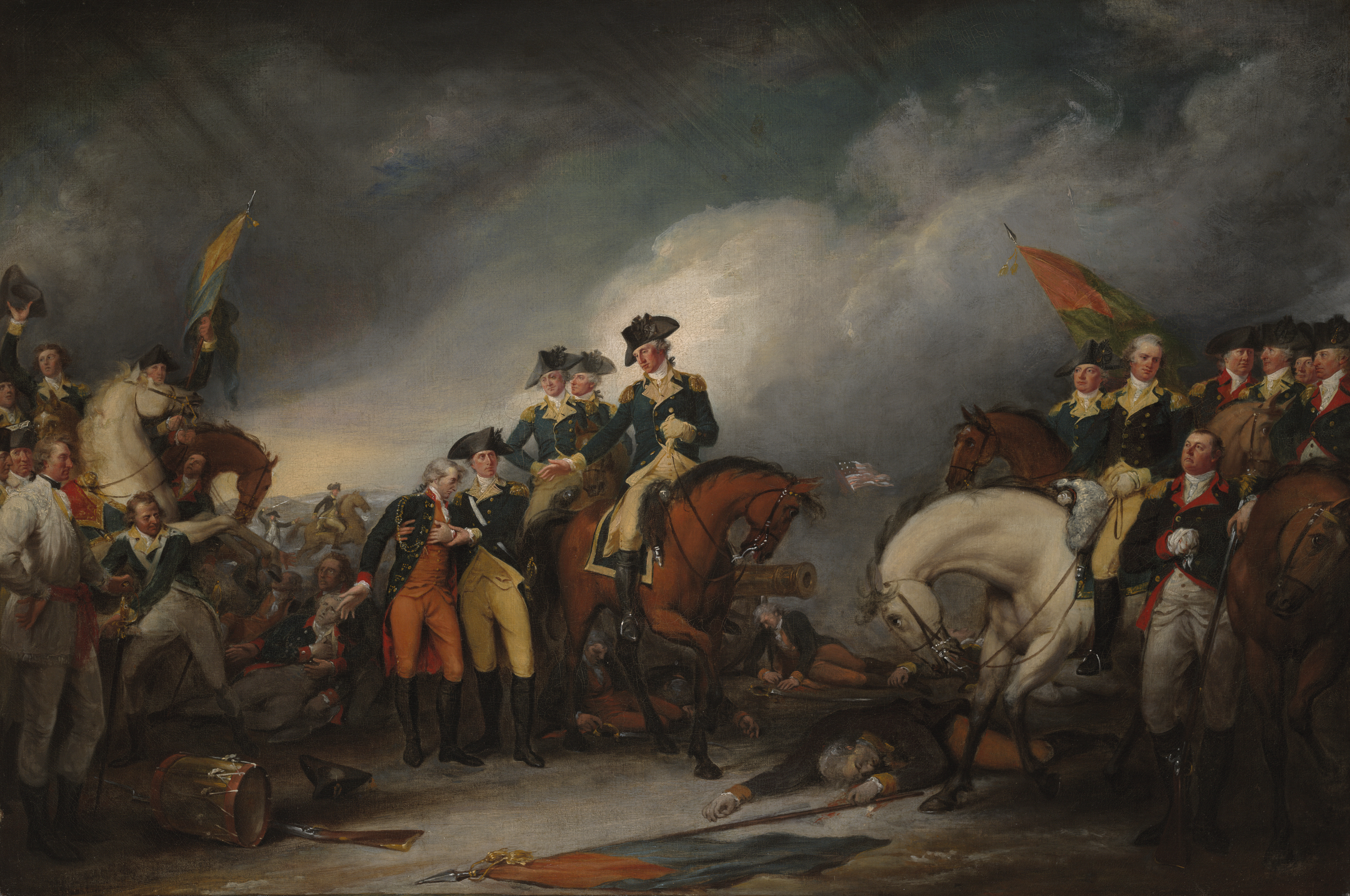Yet, the remarkable thing of it all, to me, is that the colonists and fur traders and who-not seemed to go back and forth across this land with great frequency. It seems, in reading historical accounts, that Daniel Boone tramped back and forth with great regularity, and the voyageurs paddled many thousands of miles across the great lakes and up and down the mighty rivers.
I recently read of a British attempt, during the latter part of the Revolutionary War, to thwart the spread of America's hold on the western lands--particularly hoping to stop the advancement of American General George Rogers Clark and decimate his army--by planning a 3-prong attack on St. Louis in the center of the continent. Now, consider the vastness of this three-prong approach:
1. One force was to march northward from the Gulf of Mexico.
2. The second force was to march from Fort Detroit to Cahokia (across from St. Louis).
3. The third force was to trek from Lake Superior to the Mississippi River, and then follow the river to St. Louis.
Each of these would be a momentous tour for anyone nowadays with modern equipment at their disposal. Can you imagine such an attack, with each prong thousands of miles distant from each other, working its way through unsettled wilderness territory? Incidentally, it failed. But only incidentally. The fact that such a task was attempted simply blows my mind.
While I've often thought about the difficulty faced by pioneers moving into the west, knowing they'd likely never see their families "back home" again, these men who trekked back and forth over mountains and rivers seemed little daunted by the magnitude.
These are the things I think about when I travel. Do you think about them too?
In Song for the Hunter, my new novel available for pre-order, I deal largely with the travels of the voyageurs and fur traders across the great lakes, the area known as the "Upper Country", and the western Lake Superior region, especially along the south shore lands of Ouisconsin (Wisconsin).
Lori Benton, Christy-Award winning author of Burning Sky and the Kindred duology, Mountain Laurel and Shiloh
"This beautifully written and immersive story will transport you back in time and keep you turning the pages! Naomi Musch's voice and style is the perfect balance of lyrical combined with cadence and word choice appropriate for the time and setting. Fans of Lori Benton and Laura Frantz will find this story a perfect addition to their libraries! Highly recommend."
Carrie Fancett Pagels, Award-winning and bestselling author, Behind Love's Wall
"In Song of the Hunter, the long-awaited sequel to Mist O’er the Voyageur, Naomi Musch transports us back to the waters of Lake Superior during the height of the fur trade. Cultures clash as an evil man sends ripples across the waters that will touch the hearts of many. It took strong people to survive the wild and unpredictable environment, and it would take strong people to find the truth and reconcile with it. The story is beautifully presented in a setting rich in the heritage of the people and the grandeur of nature. A must read for those who enjoy the rugged landscapes and rich cultures of America’s northern shores."
Pegg Thomas, Award-winning author of Sarah’s Choice
Naomi Musch




 Ordinaries were business establishments placed in towns, and
on or near roads to accommodate travelers. They also often were located near
river-crossings for the same reason. Rooms for sleeping, meals, and care for
horses were all provided at a reasonable cost.
Ordinaries were business establishments placed in towns, and
on or near roads to accommodate travelers. They also often were located near
river-crossings for the same reason. Rooms for sleeping, meals, and care for
horses were all provided at a reasonable cost.















